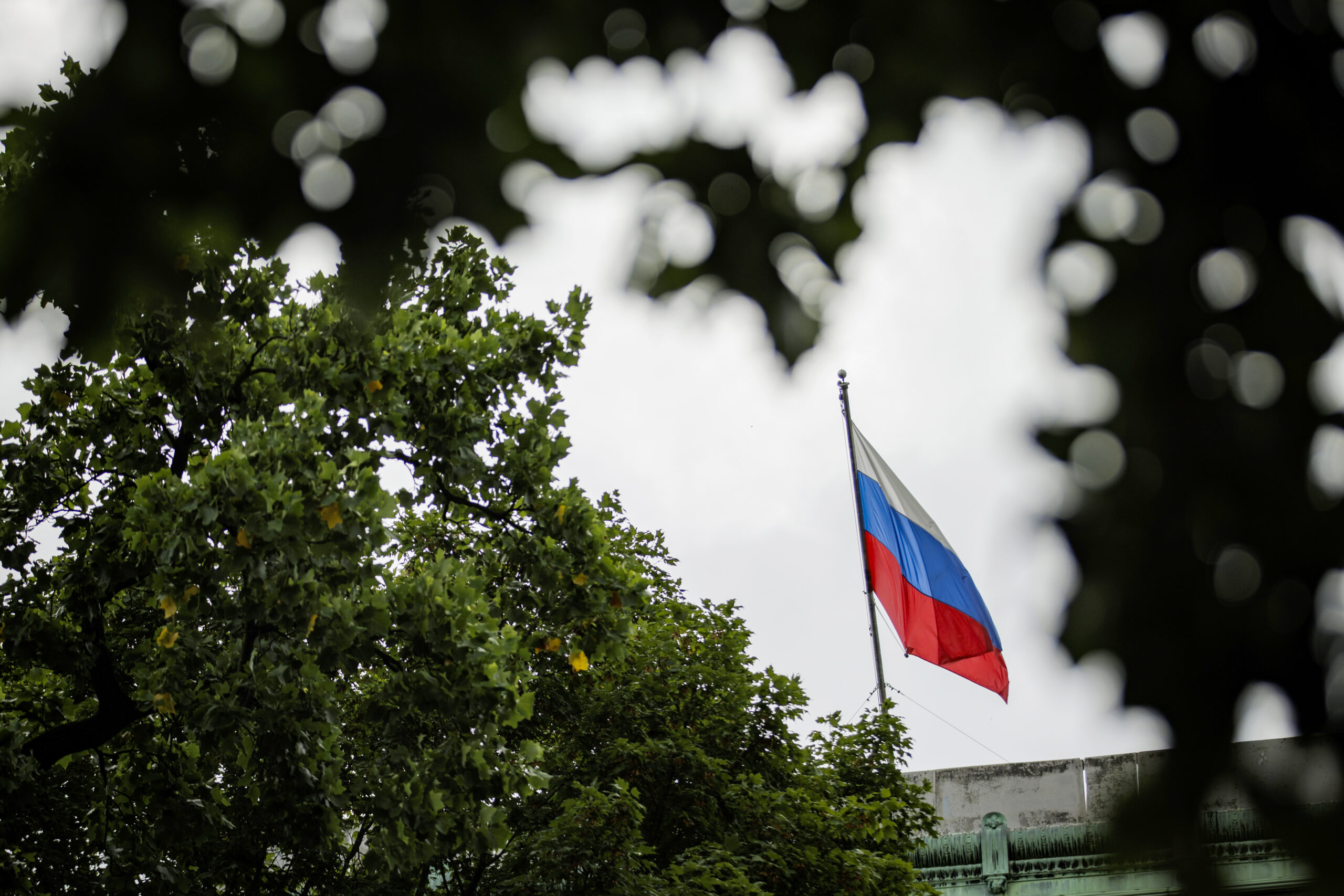
By The newspaper
Authorities in western Russia’s Oryol region have announced plans to build a monument dedicated to the “heroes of Donbas” directly above a World War II mass grave.
The mass grave in question, located in the village of Biofabrika, near Oryol, is the final resting place of 52 Soviet soldiers and officers who fell in battles during the summer and autumn of 1943.
Today, the site is marked by a modest tombstone and recognized as a monument of regional importance, according to The Moscow Times.
The new project, budgeted at more than 4.5 million rubles, equivalent to about $50,000, seeks to replace the existing structure with an “Alley of Donbas Heroes,” apparently in honor of pro-Russian separatist fighters from the ongoing conflict in the east. from Ukraine, reported the local Telegram channel Orlets.
However, contracting documents related to the project have omitted any mention of the site’s importance as a cemetery, raising questions about the respect and preservation of historical memory.
This decision has triggered a complex dialogue about historical memory, regional identity and the current geopolitical climate.
Public reaction to the pro-Russian monument
The plan to build a new monument hundreds of miles from the conflict zone in Donbas has been met with criticism and confusion. The decision “not only fails to respect the historical importance of the World War II mass grave, but also does not provide a clear justification for linking the Oryol region to the current conflict in Ukraine,” according to some Russian media.
The move is part of a broader trend seen across Russia, where monuments glorifying the invasion of Ukraine are being erected, according to independent accounts, while monuments dedicated to Soviet-era repressions are being dismantled or repurposed, as reported. recently seen in the republic of Karelia with the Sandarmokh memorial site.
This controversial plan reflects a larger shift in the way Russia chooses to remember and honor its past. The construction of new memorials celebrating modern political narratives at historically significant sites indicates a deliberate effort to reshape collective memory and identity.
By prioritizing contemporary conflicts over the solemn memory of past sacrifices, authorities are treading a complex and often contentious path that intersects with national pride, historical accuracy and the political agenda.
The Oryol region’s decision to build a monument to the “heroes of Donbas” over a World War II mass grave represents more than just a local construction project.
It is a manifestation of the current struggle for historical memory and identity within Russia, reflecting broader geopolitical narratives and the government’s approach to past and present conflicts.
Keep reading:
· Video: Ukrainian airstrike hits Russian warship Novocherkassk in the Black Sea
· Ukraine celebrates Christmas for the first time on December 25, as a challenge to Russia
· Ukraine neutralizes 28 drones and two missiles launched by Russia from Crimea
